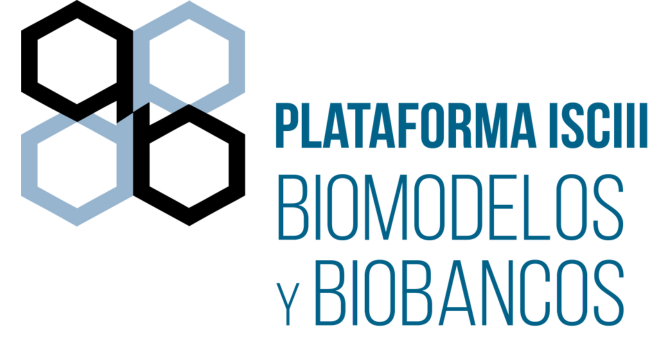Biobanco de la Fundación para la investigación Biomédica del Hospital Universitario la Paz
The IdiPAZ Biobank is a support platform for the Health Research Institute of the La Paz University Hospital (HULP), a product of the integration of different nodes and services from HULP, IdiPAZ and the Autonomous University of Madrid (UAM).
The IdiPAZ Biobank is structured in 5 nodes that include a Tumor Bank, the Children Biobank, the Peripheral Laboratories node, the Organoids node and the Covid node. All of these nodes include almost 30,000 donors with more than 122,000 samples, in addition to having access to the entire Pathological Anatomy archive, with more than a thousand samples included in paraffin.
The sample transfers are close to the 28,000 samples transferred to the scientific community.
Services
Technical and scientific evaluation
• Collection and management of the new collection
• Work Methodology/Methods
• Quality control of DNA/RNA sample treatment
• Training of experts to use the Biobank management system
• Training and advice on the use of Biobank management software (Bio-e-Bank).
• Information to the researcher about the custody, deposit, availability and transfer of the samples associated with the biobank.
• Training of practitioners (FCTs) of training cycles.
Sample/collection management:
• Coordinate a collection of samples at multiple study/research centers
• Storage of pre-existing collections according to the Biomedical Research Law (LIB 14/2007)
• Storage of pre-existing samples in accordance with the Spanish Biobank laws LIB 14/2007 and Royal Decree 1716/2011
• Management and control of Informed Consents (IC) and/or clinics regarding samples
• Aliquot of blood/saline solutions/plasma/other fluids
• Reception and coding of samples
Histology techniques:
• Manufacture of paraffin blocks
• Manufacture of frozen tissue blocks
• Paraffin/frozen sections
• Hematoxylin and eosin (H&E) stain
• Other types of staining
• Laser microdissection
Cellular techniques:
• Purification and freezing of peripheral blood mononuclear cells (PMBCs)
Molecular Techniques:
• Quantification of DNA and RNA using a spectrophotometer (NANODROP)

